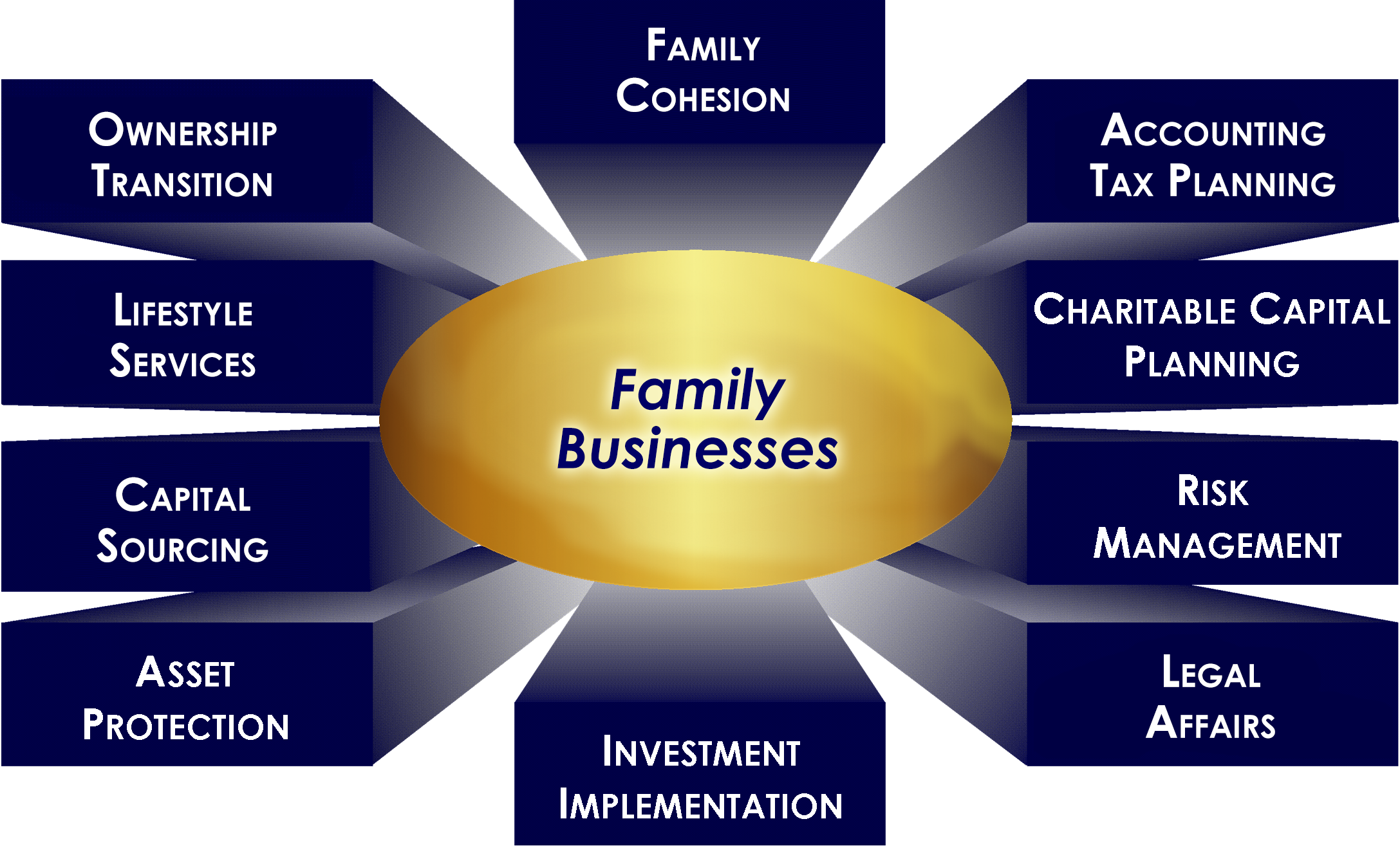The Benefits of Outside Directors in ESOP Companies
By Paige Ryan
Selling a business to an ESOP often requires significant changes to the company’s governance
structure. In many cases, this can include expanding the board of directors to satisfy the
requirements of the ESOP trustee, whose first concern is protecting the value of the stock for
ESOP participants. Accordingly, many transaction agreements will stipulate bringing at least one
outside director onto the board in order to add experience, expertise and objectivity on company
management issues. This is especially the case when the ESOP acquires a majority interest in the
company.
If your board of directors has consisted solely of family members, or close friends, you may not
welcome this change. However, as the purchasing entity, the trustee has a vested interest in
seeing the board of directors expanded and including this stipulation in the purchase agreement
to protect the interests of shareholders. Moreover, by providing unbiased and impartial
perspectives on issues presented to the board, independent outside directors offer many
advantages to both the company and the ESOP.
Outside directors can offer checks and balances that usually don’t exist with an internal board.
With no outside financial stake in the business, they can make corporate governance decisions
without the conflict of interest that may occur with employees, former or current non-ESOP
owners, selling shareholders, and/or family members.
An outside director also can bring needed expertise to the business, especially in smaller
companies without professional governance experience. For example, a company without a
strong marketing leader would be well served by bringing in an outside director with a marketing
background. Similarly, a company short on financial expertise could benefit from a director with
a successful track record in banking, financial management, or even ESOP consulting.
Selecting an Outside Director
With outside directors, the point is to have an objective, unbiased perspective on the board;
someone who will monitor management activity to ensure proper operation of the company for
the benefit of all company stakeholders, especially the employee owners. To qualify as an
outside director, a candidate should meet the following criteria:
1. Is not currently a member of the company’s management.
2. Has no family relationship with a member of the board of directors or the company’s
management.
3. Is not an employee of the company or any of its affiliates.
4. Does not have any relationship with the company, personal or professional, that could
adversely affect his or her ability to exercise impartial judgment as a director.
Once on board, an outside director has the same duties and responsibilities as an internal
director. These range from hiring the CEO and setting C-suite compensation to overseeing
corporate strategy, financial reporting, compliance, risk management, succession planning and
other key corporate governance activities. Outside directors typically also serve on, or chair,
nominating, compensation, and audit committees.
Ideally, an outside director will have some experience in the industry, either in a hands-on
management capacity or by serving on trade association councils or other boards of directors.
They should also share the general business philosophy of expanded employee ownership
through ESOPs. This doesn’t mean they see eye-to-eye with the current leadership on every
issue. But, bringing in a director who doesn’t support the value of ESOP ownership would not
serve the best interests of the company or the beneficial ownership of ESOP participants.
The process of choosing an outside director should mirror the hiring of a CEO or other senior
manager. Start by creating a profile of the ideal candidate. Then conduct extensive due diligence
to evaluate the person’s experience, background, personality, and fit with your business. Many
companies use a “dating period,” whereby they invite a candidate to attend several board
meetings as a “board advisor” to see how they interact with the board before making a final
decision.
Outside directors can help you run the business more judiciously and effectively, including
enhancing the value of shares for ESOP participants and shareholders who still retain stock
outside of the ESOP. The different perspectives from outside directors may also open the door to
new directions and opportunities for the company. Even if the ESOP trustee does not require
adding an outside director, it could be a very good move for the long-term health of the business.
Paige Ryan, Senior Consultant, ESOP Services, Inc.
© 2014 Regents of the University of California. All rights reserved. Official Web site of the University of
California, San Diego.
Knowledge Center
- Business Owner Blindspots
- Managing Risk
- Opinion: Looking for the Perfect Buyer?
- Proper Compensation Design Takes Effort
- The Benefits of Outside Directors in ESOP Companies
- The ESOP 1042 “Tax-Free” Rollover. It’s Back! Savings May Exceed 30%.
- What should I know when it comes to financial planning for business owners?

